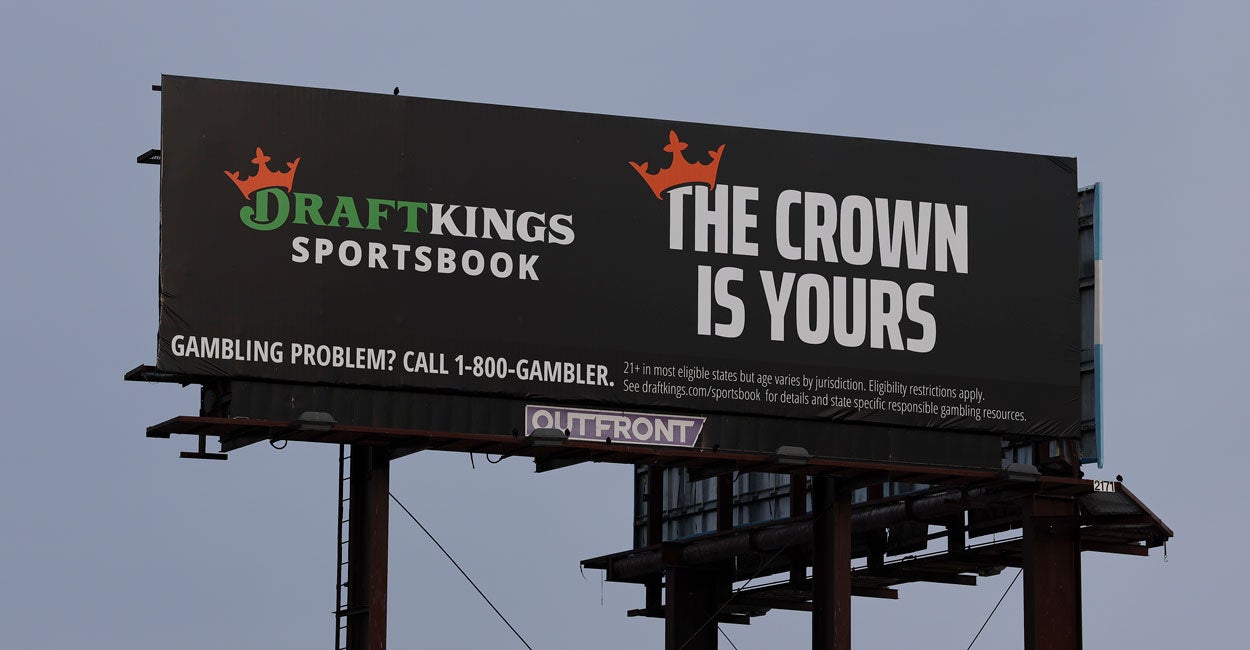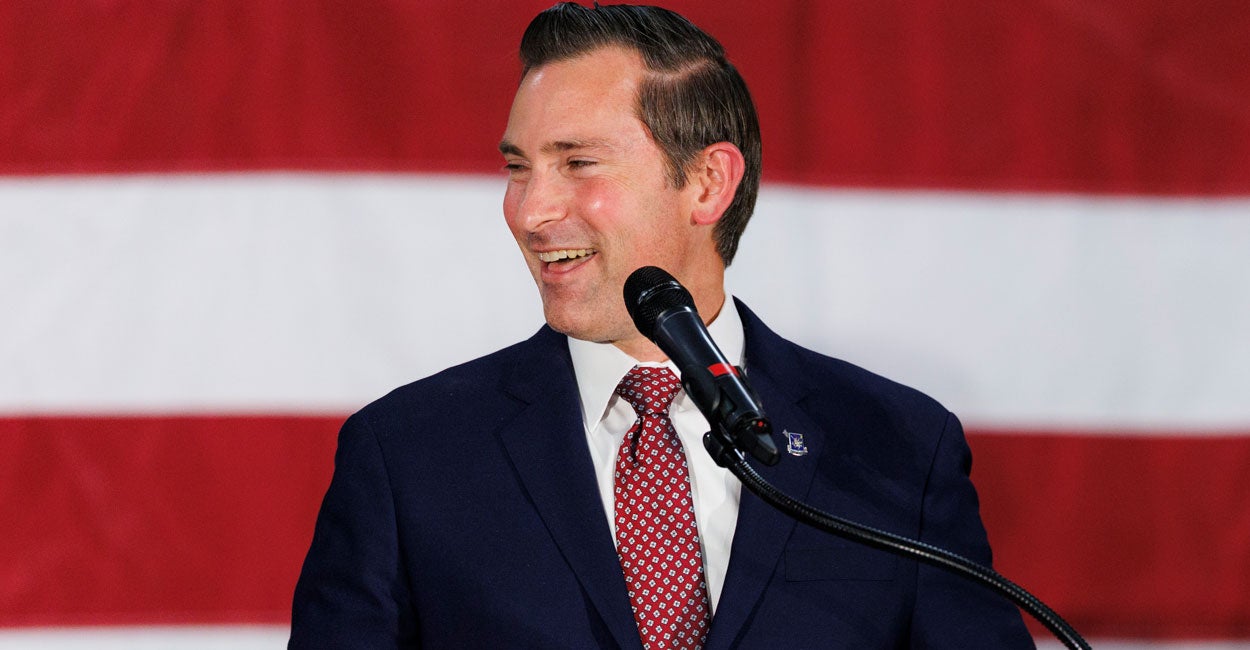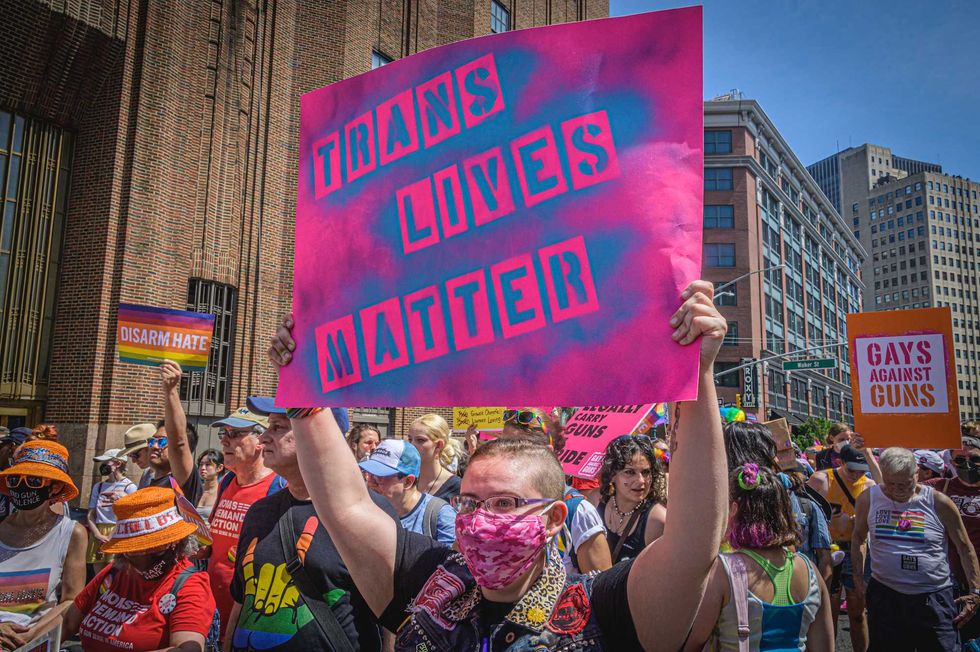Southern Baptists Get Sports Betting Right

The Southern Baptist Convention—the largest Protestant denomination in the world—had their annual meeting this month in Dallas, Texas. The most internally controversial issues involved a potential amendment on female pastors, abolishing the Convention’s public policy arm, and a push for total financial transparency for SBC entities. All these initiatives were voted down, but one successful resolution is inviting national controversy.
The Convention passed a resolution titled On the Harmful and Predatory Nature of Sports Betting. The resolution speaks to the moral evils of gambling and sought to “condemn sports betting in all its forms.” It cited the “biblical principles of stewardship, work, and integrity.” And likewise called for gambling corporations to cease their work and even for the government to “curtail” the practice. The resolution passed with a large majority and little debate—and rightly so.
While gambling is an ancient practice, with the advent of online sports betting, the SBC resolution is timely—and necessary. In 2024 the legal sports betting industry generated $13.71 billion in revenue, taking in nearly $150 billion worth of bets, according to the American Gaming Association’s annual report. Both these numbers represent a significant increase from the previous year.
But the volume of online bets is not the only concern. Sports betting also preys disproportionately on young men. In 2023 the National Council on Problem Gambling, citing an NCAA study, reported that 58% of 18- to-22-year-olds had engaged in sports betting. Furthermore, a study by the Lancet medical journal found that over 26% of adolescents who bet on sports “exhibited gambling disorder symptoms.”
The Guardian calls this the “normalization of a taboo.” But Southern Baptists are right to go further in their language. Sports betting poses threats not only to churches but to society at large and ought to be abolished.
The recent boom in online sports betting can be traced back to 2018 when the U.S. Supreme Court struck down a federal law that banned commercial sports betting in most states. This ruling paved the way for online markets to emerge legally. Such markets have come to dominate the sports industry, even having entire stadium complexes named after them. One can scarcely make their way through any televised sporting event without being bombarded with ads begging them to place money on their favorite team or players.
Betting is not only advertised aggressively, these gaming companies also seek to incentivize that first bet—what they hope will be the first of many. The Wall Street Journal reports: “Online sports betting companies enlist celebrities, offer free bets and dole out perks to promote a tantalizing possibility: winning.” The Journal is right. That possibility of winning is tantalizing—just out of reach.
Though most bettors think they will at least break even over time, the statistics say otherwise. In fact, sports bettors lose an average of 7.5 cents per dollar. This adds up. It also helps to fuel a dangerous addiction, leading to riskier bets and even greater losses over time. The old adage is right: The house always wins.
The predatory nature of this industry is exactly why Southern Baptists call for its abolition. This industry doesn’t just affect individuals, but breaks up marriages and families, harming churches and communities. Though the SBC urges “compassionate support and counseling to those struggling with gambling addiction and its consequences,” it nevertheless acknowledges that the government has a decisive role to play to protect individuals.
The resolution urges “our leaders at all levels of government to curtail sports betting and to address its disastrous effects through policy and legislation.”
The sports betting industry is in fact evil, preying on young people and causing addictions that lead to financial strain that breaks up families. Gambling has long been recognized as morally dangerous. It is the government’s role to step in and put an end to this predatory market.
But the responsibility also falls on individuals. The resolution calls upon “Southern Baptists and all other followers of Christ to repent where needed, mourn the ubiquitous presence of sports betting in our culture, and refuse to participate in the sin of gambling.”
One messenger to the SBC proposed that this resolution be amended to speak of individuals who “sin through gambling” rather than the close-minded “the sin of gambling”—insisting that betting is not inherently sinful. This is a common sentiment among many Christians and conservatives. The view argues that putting $5 on your favorite sports team and losing is no different from wasting that same $5 on a latte or cheeseburger.
While this argument makes sense on the surface, it ignores the predatory nature of gambling. When one spends $5 on a latte, they receive a good in exchange for their money. When one spends $5 on a bet, they do so in hope that they will make more money. However, this other money comes from the losses of others. Both as an industry and as an individual practice gambling preys on others. Your gain is another’s loss.
Southern Baptists rightly argue that this is a violation of the Golden Rule—to do unto others as you would have them do unto you. No one wants to be taken advantage of, but that’s exactly what the sports betting industry does. It takes advantage of individuals, addicts them to the rush of the game, and soon destroys all that is in its path. In rejecting sports betting, Southern Baptists are not only defending Christian ethics but the social bonds that hold families, churches, and communities together.
We publish a variety of perspectives. Nothing written here is to be construed as representing the views of The Daily Signal.
The post Southern Baptists Get Sports Betting Right appeared first on The Daily Signal.
Originally Published at Daily Wire, Daily Signal, or The Blaze
What's Your Reaction?
 Like
0
Like
0
 Dislike
0
Dislike
0
 Love
0
Love
0
 Funny
0
Funny
0
 Angry
0
Angry
0
 Sad
0
Sad
0
 Wow
0
Wow
0











































































